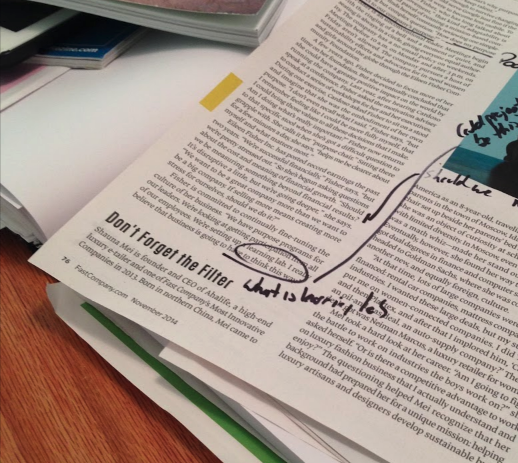Words, in the end, are where we live and how we build the world inside the universe. They shape our thoughts, our connections, and our reality. As Ursula K. Le Guin beautifully put it, “Words are events, they do things, change things.” This idea has stayed with me, reshaping how I see the role of language in observation, productivity, relationships, and meaning-making. It is something I considered after part 3 yesterday rethinking the word relationship and as I read the books, Consolation 1 and Consolations 2, by David Whyte
When we talk about observation (Part 1), it is words that allow us to translate what we see into something we can express, capture, and share. When we consider accountability and productivity (Part 2), the words we use to frame our motivation shape our actions. Even in relationships (Part 3), the way we define and describe our connections to others can bring us closer or push us apart.
But more than just shaping our personal experiences, words are bridges between consciousnesses. They allow us to translate our internal worlds into something tangible, something that others can grasp, respond to, and build upon. They create the space for shared understanding and collective growth.
How Words Build Our World
Consider how the words you use daily impact your reality:
- The way you describe your challenges — Are they obstacles or opportunities?
- The way you talk to yourself — Are you offering encouragement or criticism?
- The way you articulate your emotions — Do your words invite connection or create distance?
Language is not just a tool but a force of transformation. Every word carries weight. Every phrase sets a course. And every conversation has the potential to shape the way we understand ourselves and the world around us.
Your Tiny Experiment
- Be mindful of the words you use – especially when describing yourself, your work, and your relationships.
- Experiment with language shifts – Try replacing limiting words with empowering ones. Instead of saying, “I have to,” try “I get to.” Instead of “I’m struggling with this,” try “I’m working through this.”
- Reflect on a moment where words changed your perspective – Maybe something someone said stuck with you and reshaped your thinking. Or perhaps a book, a conversation, or even a single phrase had an impact you hadn’t expected.
Let’s continue this conversation: What words have shaped you recently? How do you see language influencing your daily life?
This reflection is inspired by the brilliant insights from this newsletter of Maggie Smith(a poet who I would love to have on my podcast one day) as she shares here notes and annotations for a poem she is publishing soon — a space where words, meaning, and transformation come together in powerful ways.

Leave a Reply